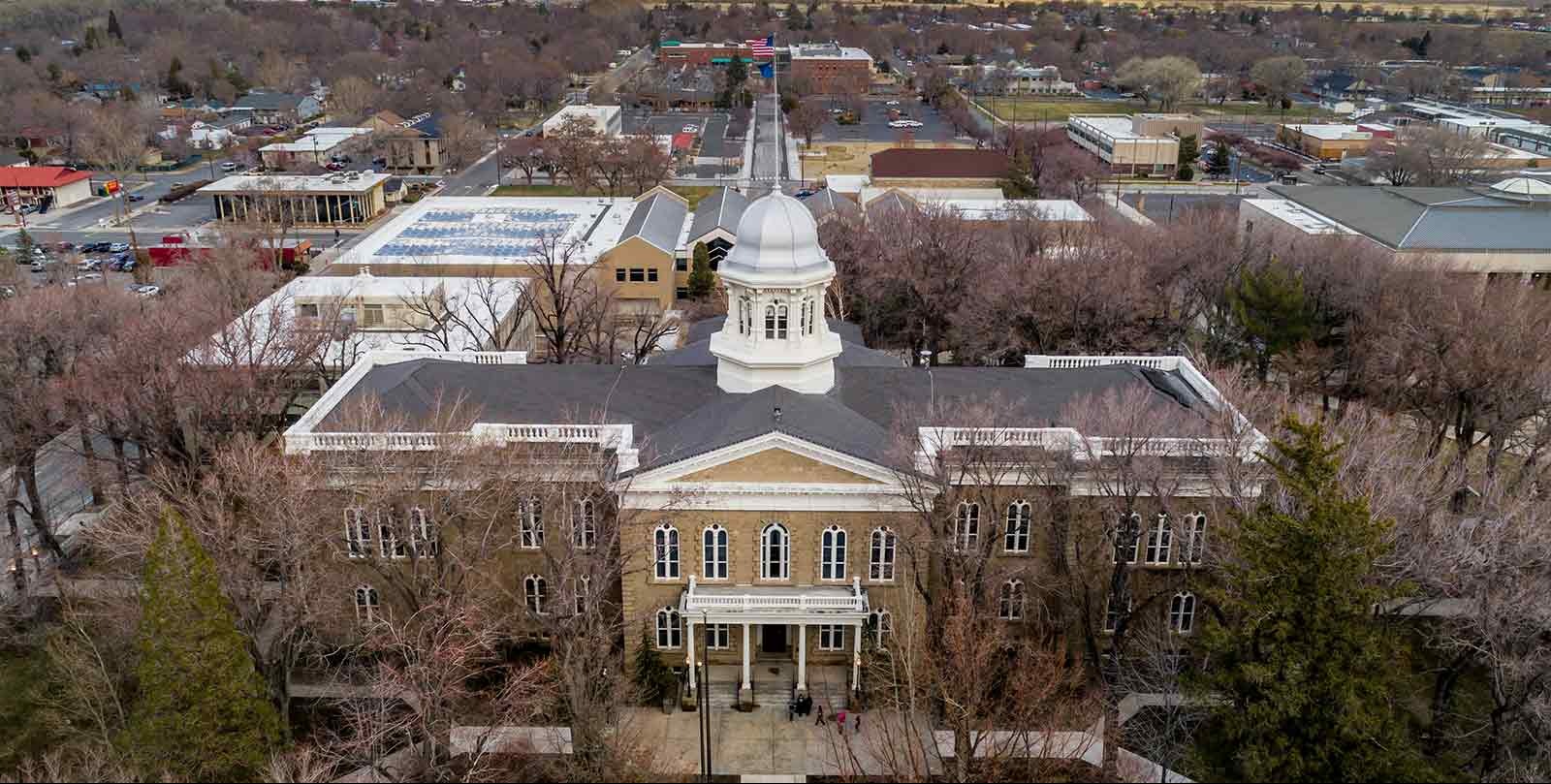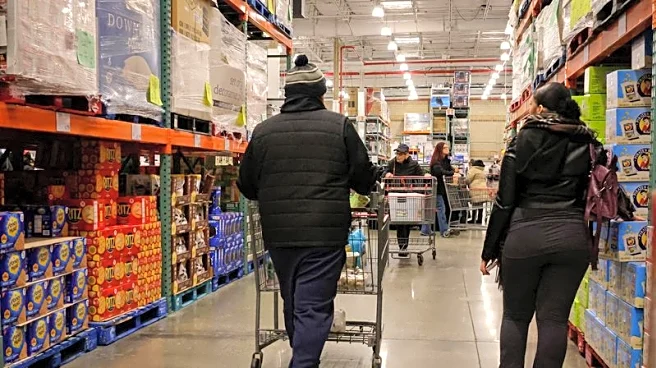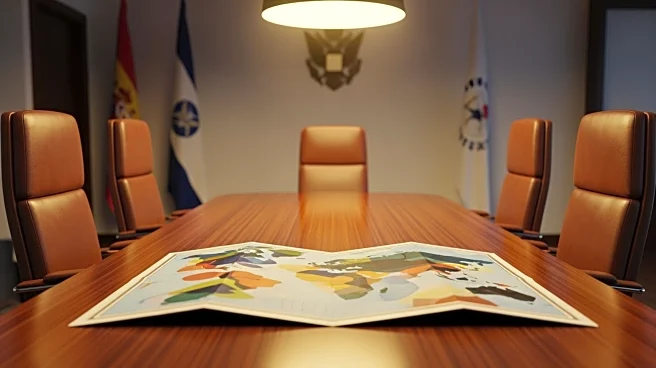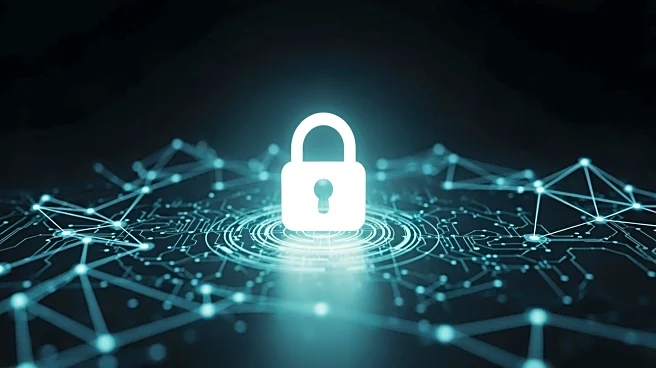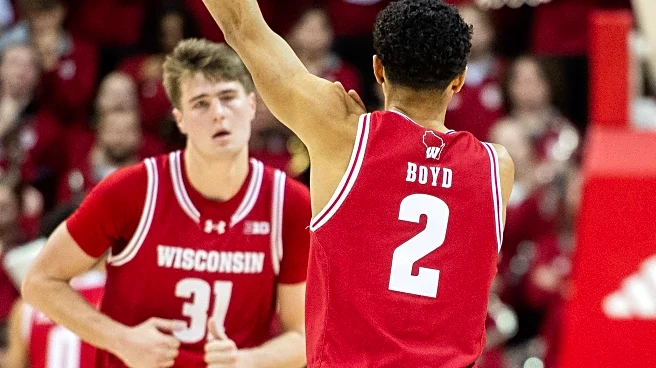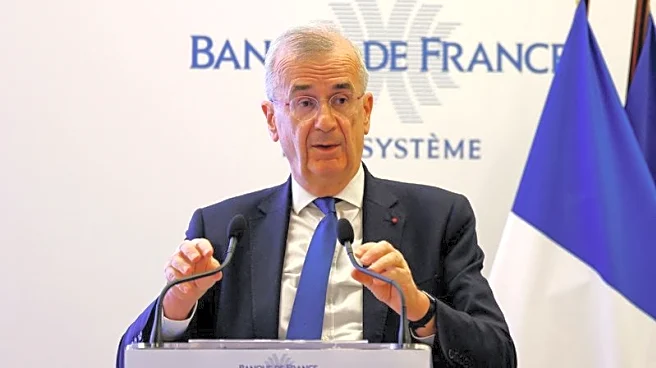CARSON CITY, Nev. (AP) — Nevada Gov. Joe Lombardo has called lawmakers back for a special session to consider a long list of legislation, including a sweeping criminal reform proposal and a plan to bring film studios to Southern Nevada.
The Republican governor announced the special session Wednesday evening, saying it will begin Thursday morning in Carson City. As the governor, Lombardo has full control on what is heard on a special session agenda,
though the Democratic-majority Legislature ultimately influences what succeeds and what fails.
“Nevadans deserve action now -– not years from now -– on legislation that implements critical public safety measures, expands healthcare access, and supports good-paying jobs,” Lombardo said in statement announcing the session. “By calling this special session, we are reaffirming our responsibility to act decisively and deliver meaningful results for the people of Nevada.”
The announcement comes about five months after the Legislature concluded its regular session, which is held every other year. Lawmakers rushed to take action on bills in the waning hours of the session that ended June 3, but major bills didn’t make it across the finish line, including the governor’s sweeping crime legislation and a proposal to expand tax incentives in order to lure movie studios to Las Vegas.
Lombardo last called a special session in June 2023 to approve public funding for the Athletics’ Las Vegas ballpark, which is under active construction and anticipated to be complete by the 2028 Major League Baseball season.
Lawmakers will discuss the governor’s far-reaching crime bill, known as the Safe Streets and Neighborhoods Act, which would impose stricter penalties for DUIs and other offenses, including assault and battery against hospitality workers. It would also renew a now-defunct Resort Corridor Court to handle certain crimes originating from the Strip.
The Legislature will also consider cybersecurity legislation to establish a security operations center after the state grappled with a massive cyberattack that affected state services for weeks.
Also on the special session agenda is a proposal to offer $95 million in tax credits to Sony Pictures Entertainment and Warner Bros. Discovery for a new film production facility in the Vegas suburbs, as well as $25 million in credits to be available for productions elsewhere in the state.
Lombardo’s adding the proposal comes after more than a dozen labor unions launched a campaign in support of renewing the effort.
If lawmakers successfully move the bill forward this time, Las Vegas would be competing with cities like Atlanta, where the film industry has boomed for more than a decade thanks to a far more generous tax break. California, meanwhile, recently revamped its own tax incentive programs to combat a multiyear downward trend in Hollywood film production.
Some trade unions were in support of the proposal -– arguing the creation of film studios would bring more jobs and bring a much needed boost to Las Vegas’ tourism and economy -– while the state employee union were outspoken in its opposition.
The state chapter of the American Federation of State, County and Municipal Employees called the proposal “fiscally irresponsible and politically indefensible” and said it would only generate $0.52 in tax revenue for every $1 in credit.
